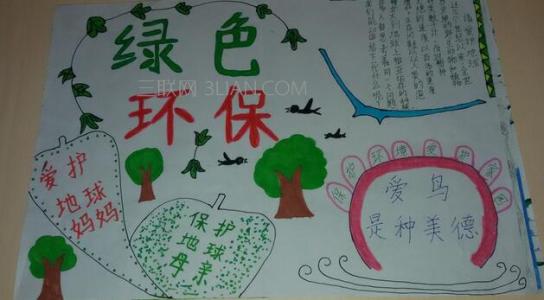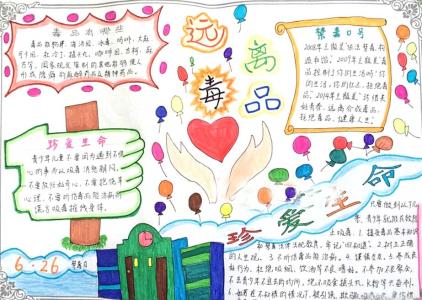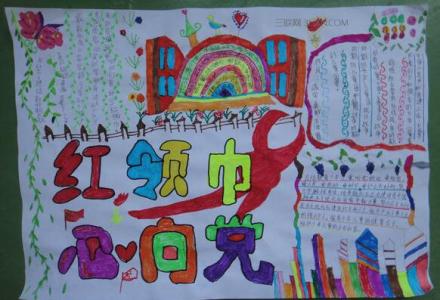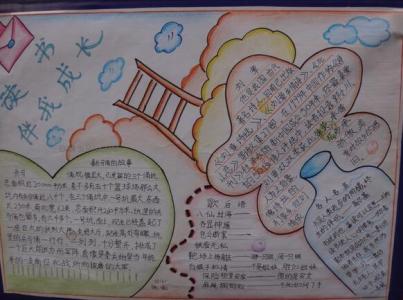【英语新年手抄报资料:英语新年祝福】
1、Wishing you all the blessings of a beautiful New Year season.
愿你拥有新年所有美好的祝福。
2、Peace and love for you at New Year from all your students.
祝老师新年充满平安和爱。
3、May the New Year be a time of laughter and real enjoyment for you. Best wishes.
愿新年不仅是你欢笑的时刻,更是你欣喜的日子。祝福你。
4、I wish you a happy New Year. All affection and best wishes to you and yours.
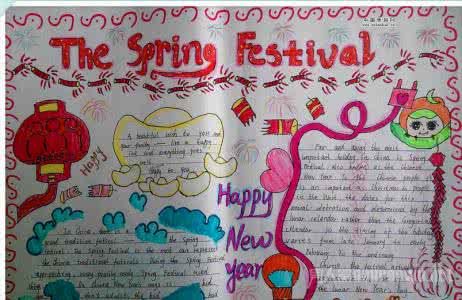
以我所有的爱心与真诚祝你及全家圣诞快乐。
5、Much joy to you in the up coming year. May the warmest wishes, happy thoughts and friendly greetings come at New Year and stay with you all the year through.
让温馨的祝愿、幸福的思念和友好的祝福,在新年来到你身边,伴你左右。
6、Peace and love for you at New Year from all your students.
祝老师新年充满平安和爱。
7、A New Year greeting to cheer you from your daughters.
愿女儿的新年祝福带给你快乐。
8、May the beauty and joy of New Year remain with you throughout the new year!
愿新春美景与欢乐常伴随你!
9、May the joy of New Year be with you throughout the year.
愿新年的快乐一年四季常在。
10、New Year should be a time of banked-up fines, the scent of flowers and wine, good talk, good memories and loyalties renewed. But if all else is lacking - love will do.
新年是这样美好的时光:炉火熊熊,花儿芬芳,醇酒飘香,殷殷祝福,美好回忆,恩爱日新。即便没有一切,只要有爱便足矣。
11、New Year should be a time of banked-up fines, the scent of flowers and wine, good talk, good memories and loyalties renewed. But if all else is acking - love will do.
新年是这样美好的时光:炉火熊熊,花儿芬芳,醇酒飘香,殷殷祝福,美好回忆,恩爱日新。即便没有一切,只要有爱便足矣。
12、Warm greetings and best wishes for happiness and good luck in the coming year.
衷心祝福来年快乐、幸运!
【英语新年手抄报资料:春节的英文介绍】
Spring Festival
The Spring Festival is the most important festival for the Chinese people and is when all family members get together, just like Christmas in the West. All people living away from home go back, becoming the busiest time for transportation systems of about half a month from the Spring Festival. Airports, railway stations and long-distance bus stations are crowded with home returnees.
The Spring Festival falls on the 1st day of the 1st lunar month, often one month later than the Gregorian calendar. It originated in the Shang Dynasty (c. 1600 BC-c. 1100 BC) from the people's sacrifice to gods and ancestors at the end of an old year and the beginning of a new one.
Strictly speaking, the Spring Festival starts every year in the early days of the 12th lunar month and will last till the mid 1st lunar month of the next year. Of them, the most important days are Spring Festival Eve and the first three days. The Chinese government now stipulates people have seven days off for the Chinese Lunar New Year.
Many customs accompany the Spring Festival. Some are still followed today, but others have weakened.
On the 8th day of the 12th lunar month, many families make laba porridge, a delicious kind of porridge made with glutinous rice, millet, seeds of Job's tears, jujube berries, lotus seeds, beans, longan and gingko.
The 23rd day of the 12th lunar month is called Preliminary Eve. At this time, people offer sacrifice to the kitchen god. Now however, most families make delicious food to enjoy themselves.
After the Preliminary Eve, people begin preparing for the coming New Year. This is called "Seeing the New Year in".
Store owners are busy then as everybody goes out to purchase necessities for the New Year. Materials not only include edible oil, rice, flour, chicken, duck, fish and meat, but also fruit, candies and kinds of nuts. What's more, various decorations, new clothes and shoes for the children as well as gifts for the elderly, friends and relatives, are all on the list of purchasing.
Before the New Year comes, the people completely clean the indoors and outdoors of their homes as well as their clothes, bedclothes and all their utensils.
Then people begin decorating their clean rooms featuring an atmosphere of rejoicing and festivity. All the door panels will be pasted with Spring Festival couplets, highlighting Chinese calligraphy with black characters on red paper. The content varies from house owners' wishes for a bright future to good luck for the New Year. Also, pictures of the god of doors and wealth will be posted on front doors to ward off evil spirits and welcome peace and abundance.
The Chinese character "fu" (meaning blessing or happiness) is a must. The character put on paper can be pasted normally or upside down, for in Chinese the "reversed fu" is homophonic with "fu comes", both being pronounced as "fudaole." What's more, two big red lanterns can be raised on both sides of the front door. Red paper-cuttings can be seen on window glass and brightly colored New Year paintings with auspicious meanings may be put on the wall.
People attach great importance to Spring Festival Eve. At that time, all family members eat dinner together. The meal is more luxurious than usual. Dishes such as chicken, fish and bean curd cannot be excluded, for in Chinese, their pronunciations, respectively "ji", "yu" and "doufu," mean auspiciousness, abundance and richness. After the dinner, the whole family will sit together, chatting and watching TV. In recent years, the Spring Festival party broadcast on China Central Television Station (CCTV) is essential entertainment for the Chinese both at home and abroad. According to custom, each family will stay up to see the New Year in.
Waking up on New Year, everybody dresses up. First they extend greetings to their parents. Then each child will get money as a New Year gift, wrapped up in red paper. People in northern China will eat jiaozi, or dumplings, for breakfast, as they think "jiaozi" in sound means "bidding farewell to the old and ushering in the new". Also, the shape of the dumpling is like gold ingot from ancient China. So people eat them and wish for money and treasure.
Southern Chinese eat niangao (New Year cake made of glutinous rice flour) on this occasion, because as a homophone, niangao means "higher and higher, one year after another." The first five days after the Spring Festival are a good time for relatives, friends, and classmates as well as colleagues to exchange greetings, gifts and chat leisurely.
Burning fireworks was once the most typical custom on the Spring Festival. People thought the spluttering sound could help drive away evil spirits. However, such an activity was completely or partially forbidden in big cities once the government took security, noise and pollution factors into consideration. As a replacement, some buy tapes with firecracker sounds to listen to, some break little balloons to get the sound too, while others buy firecracker handicrafts to hang in the living room.
The lively atmosphere not only fills every household, but permeates to streets and lanes. A series of activities such as lion dancing, dragon lantern dancing, lantern festivals and temple fairs will be held for days. The Spring Festival then comes to an end when the Lantern Festival is finished.
China has 56 ethnic groups. Minorities celebrate their Spring Festival almost the same day as the Han people, and they have different customs.
 爱华网
爱华网